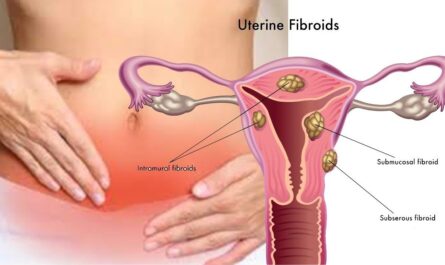Cardiovascular diseases, including stroke and coronary artery disease, remain major global health concerns, accounting for a significant number of deaths each year. While classical risk factors such as age, lifestyle, and pre-existing conditions are well-known, genetic predisposition also plays a crucial role in the development of these diseases.
Recent large-scale genome-wide association studies have identified numerous genes that influence the risk of stroke and cardiovascular diseases. According to Professor Martin Dichgans from LMU Munich, these findings open up new possibilities for the discovery of potential drug targets for targeted therapies.
In a groundbreaking study published in the journal Nature Cardiovascular Diseases Research, Dichgans and his team at LMU University Hospital delved deeper into the gene HTRA1, which has previously been linked to various disorders, including stroke and cerebral small vessel diseases. The gene encodes a protease, an enzyme that regulates the extracellular matrix.
HTRA1 has emerged as a risk gene for various conditions, and individuals who inherit specific variants of the gene are more susceptible to stroke and cerebral small vessel diseases. However, the underlying mechanisms behind this increased risk were not well understood.
Dichgans, the study’s lead investigator and Director of the Institute for Stroke and Dementia Research at LMU University Hospital, explains that the team’s investigation revealed two distinct ways in which genetic variants of HTRA1 increase the risk of cardiovascular diseases. The findings provide new insights into the role of genetics in the development of these conditions.
*Note:
1. Source: Coherent Market Insights, Public Source, Desk Research
2. We have leveraged AI tools to mine information and compile it.



